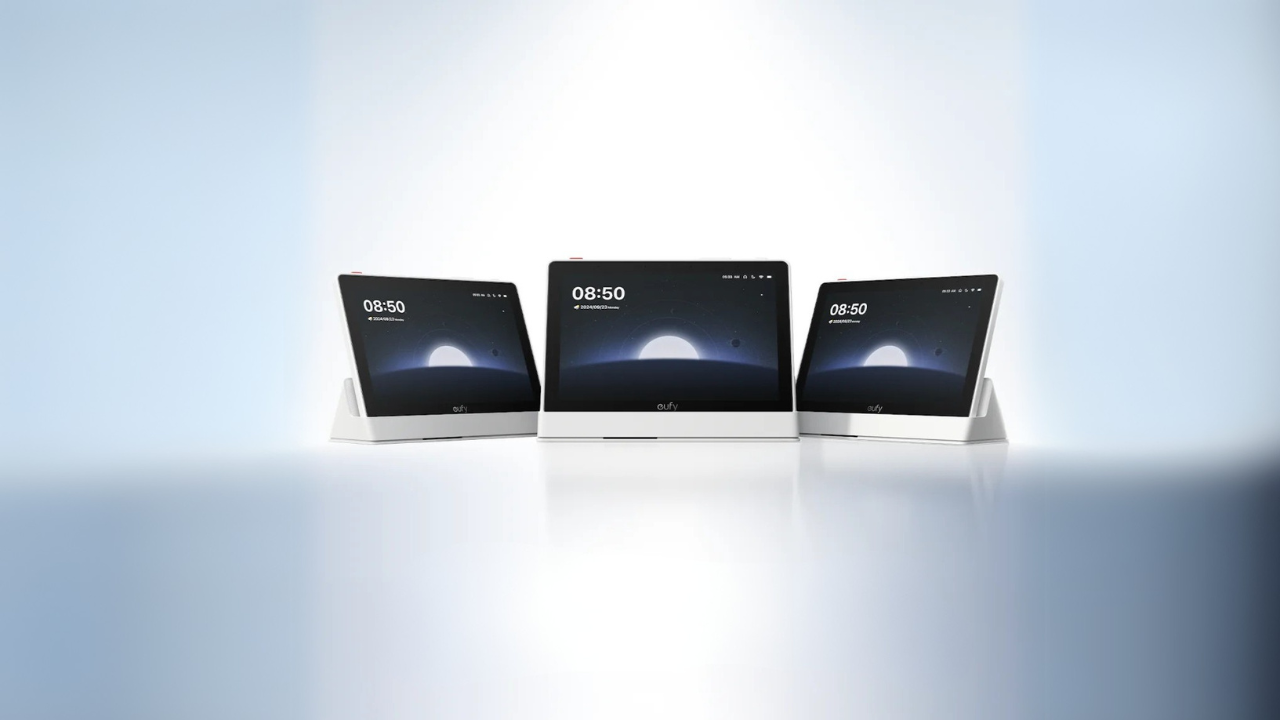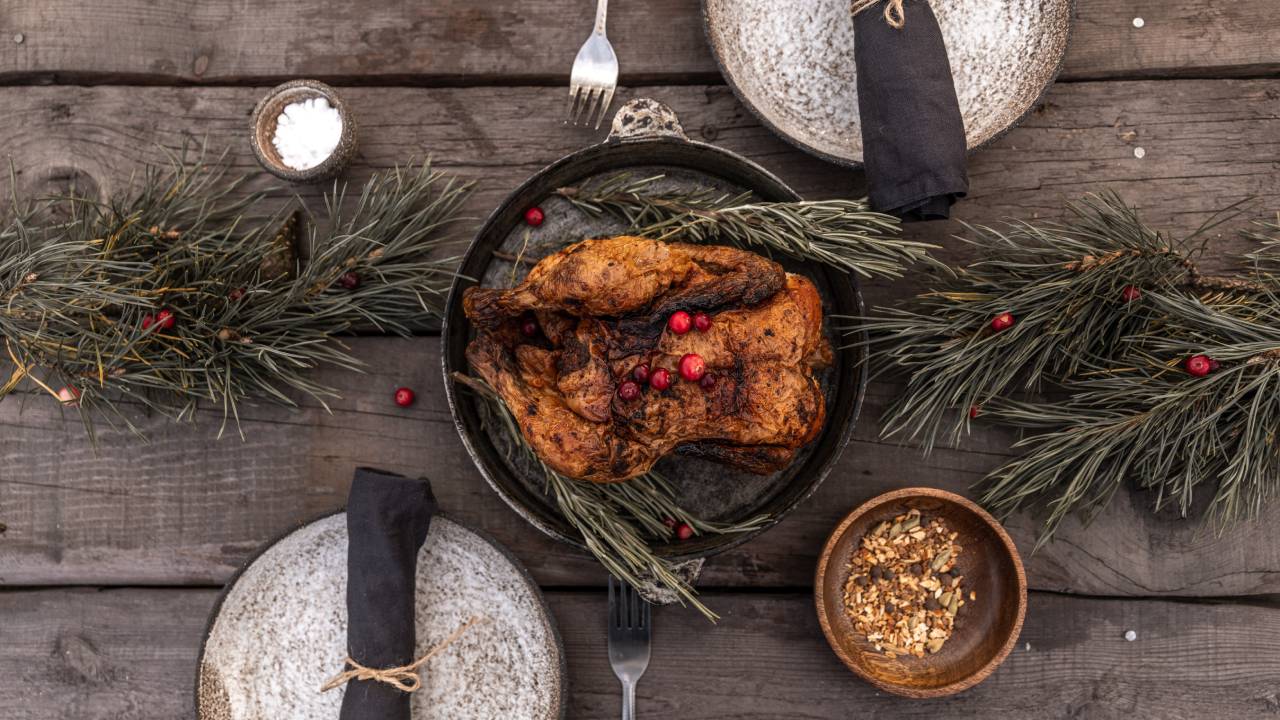

With Thanksgiving coming up, we’re sure you’re looking forward to overindulging on food and drink, particularly the star of the show… the roast turkey. After consuming your Thanksgiving or Christmas meal, turkey is always to blame when you’re excessively yawning or you’ve just fallen asleep on the best mattress for a quick nap.
Year on year, we hear the same thing about turkey making you sleepy – but is this true or is it just an old wives tale? The quick answer to whether turkey makes you tired or not is… yes and no.
Before you start pointing fingers at the turkey again after you’ve fallen asleep after lunch, let’s quickly look into why turkey has garnered this reputation. First, turkey is a source of protein, and according to EatingWell, an overconsumption of protein can make you feel tired as it puts too much strain on your kidneys and liver by making them work overtime to break down your food.
But, the main reason people think turkey promotes tiredness is because it contains tryptophan. Tryptophan is an amino acid which acts as a natural sleep aid by increasing the production of melatonin and serotonin.
These two hormones regulate your mood, sleep cycle, appetite and pain levels, so if you’ve got more melatonin or serotonin in your body, you’re more likely to feel sleepy or in a happier mood. Therefore, it’s a possibility that after eating turkey, the tryptophan within it can cause you to feel a little sleepy.
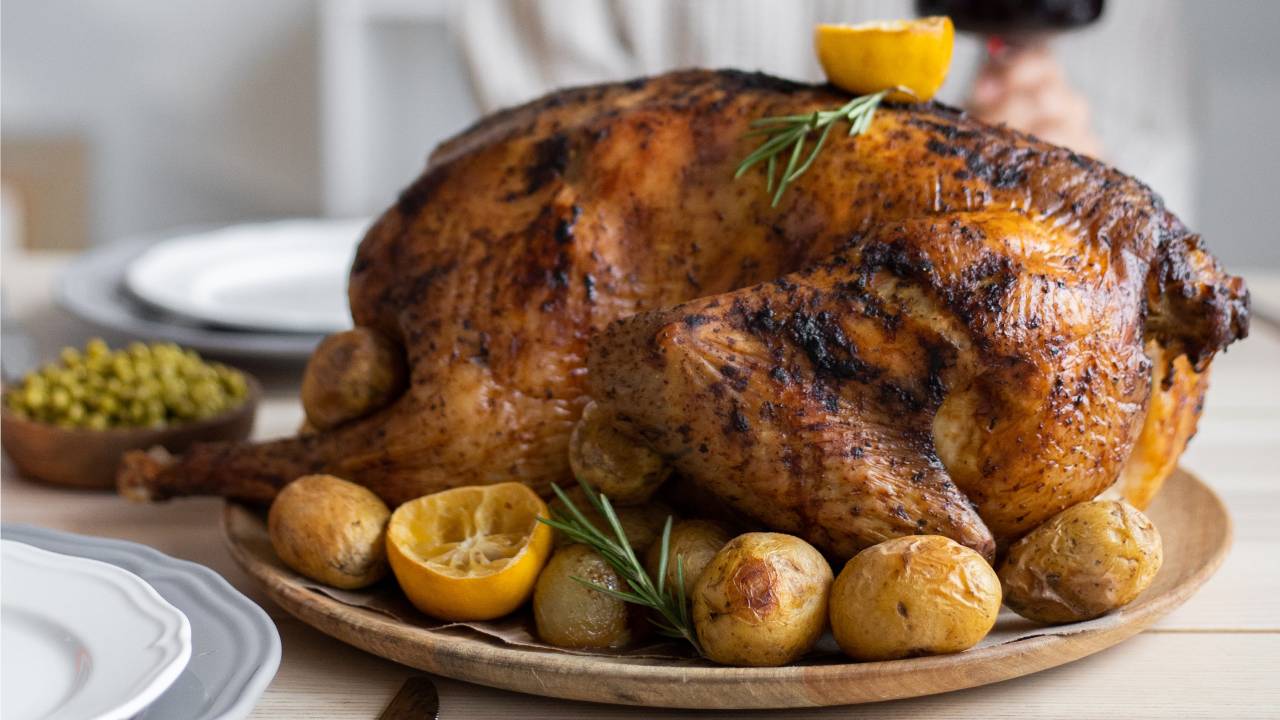
However, research by Healthline states that two servings of turkey contain only about 410 milligrams of tryptophan. In comparison, tryptophan supplements that people use before bed to improve their sleep, take a dose of around 5 grams of tryptophan, meaning you’d have to eat 20 servings of turkey to equal that dosage. So, while you might feel tired after eating turkey, chances are you haven’t actually eaten that much for the tryptophan to actually have an effect on you.
Other than turkey, tryptophan (which humans don’t naturally produce, says Sleep Foundation) is in a variety of foods, including chicken, fish, nuts, seeds, cheese, eggs and legumes. Depending on your diet, you’re probably consuming many of these foods everyday, yet you don’t blame your cheese sandwich when you’re feeling tired!
Sign up to the T3 newsletter for smarter living straight to your inbox
Get all the latest news, reviews, deals and buying guides on gorgeous tech, home and active products from the T3 experts
Sleep can be affected by lots of things that you do throughout the day, including exercise and diet. While there are foods that will make you nod off easier at night (see 8 foods for a good night’s sleep & 4 to avoid for more), it might be the amount of food that you’re eating which impacts your feelings of sleepiness. For example, on Thanksgiving or Christmas, many people eat an excessive amount of food, particularly carbohydrates.
Carbs (which are a delicious staple at most festive lunches) cause your blood sugar to rise quickly. In combination with feeling full, this spike can result in a crash later on, which makes you feel tired and less alert. If you’ve also been drinking alcohol with your Thanksgiving meal, this will make you feel fatigued and more likely to indulge in an afternoon nap.
The moral of this story is… don’t blame the turkey if you’re tired this Thanksgiving! Chances are, you’re just full, and as Thanksgiving and Christmas are holidays, you might as well take the perfect nap before the craziness of the best Black Friday deals begin…

Beth is Home Editor for T3, looking after style, living and wellness. From the comfiest mattresses to strange things you can cook in an air fryer, Beth covers sleep, yoga, smart home, coffee machines, watches, grooming tools, fragrances, gardening and much more. If it's something that goes in your house, chances are Beth knows about it and has the latest reviews and recommendations! She's also in the know about the latest deals and discount codes from top brands and retailers.
Having always been passionate about writing, she’s written for websites, newspapers and magazines on a variety of topics, from jewellery and culture, to food and telecoms. You can find her work across numerous sites, including Wedding Ideas Magazine, Health & Wellbeing, The Bristol Post, Fashion & Style Directory, TechRadar, CreativeBloq and more. In her spare time, Beth enjoys running, reading, baking and attempting craft projects that will probably end in disaster!
-
 I spent 6 weeks with the FoodMarble Aire 2: here’s what I learned about my gut health
I spent 6 weeks with the FoodMarble Aire 2: here’s what I learned about my gut healthI’ve been testing the clever breath-testing gadget with the companion app over several weeks to find out if it delivers on its promises
By Lee Bell
-
 Oil pulling is going viral on TikTok for stopping morning breath – but does it actually work?
Oil pulling is going viral on TikTok for stopping morning breath – but does it actually work?4 hacks that prevent morning breath, according to a sleep expert
By Bethan Girdler-Maslen
-
 These limited edition McLaren x Loop earplugs are what you need for Formula 1 season
These limited edition McLaren x Loop earplugs are what you need for Formula 1 seasonMcLaren teams up with Loop on limited edition noise-reducing earplugs
By Bethan Girdler-Maslen
-
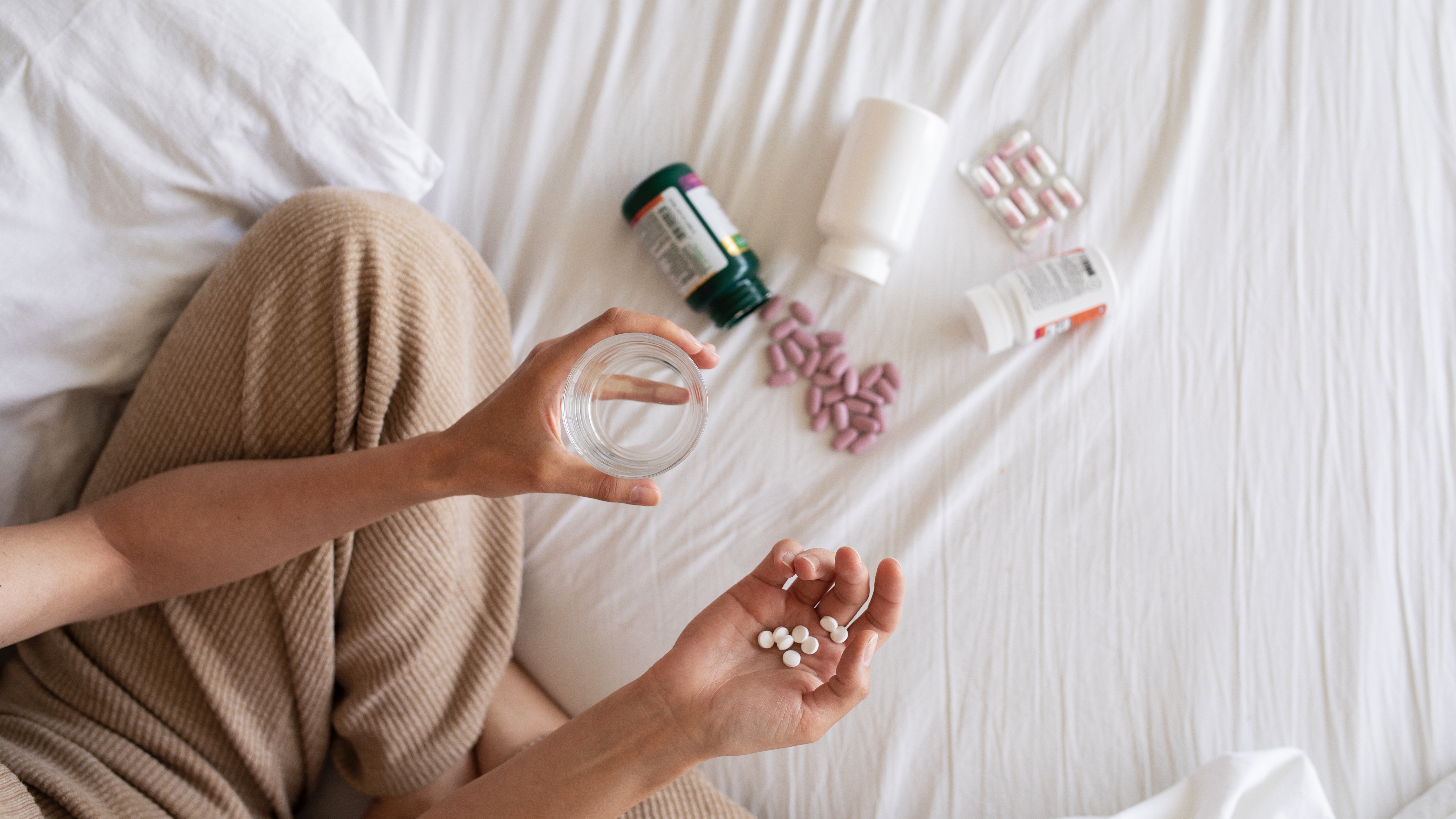 5 sleep supplements that help me achieve 8+ hours of rest every night
5 sleep supplements that help me achieve 8+ hours of rest every nightIt took me years to perfect my sleep routine – here are the supplements that helped
By Lizzie Wilmot
-
 3 reasons why you wake up at 3am every night – and how to avoid it
3 reasons why you wake up at 3am every night – and how to avoid itAlways waking up in the middle of the night? This could be why…
By Bethan Girdler-Maslen
-
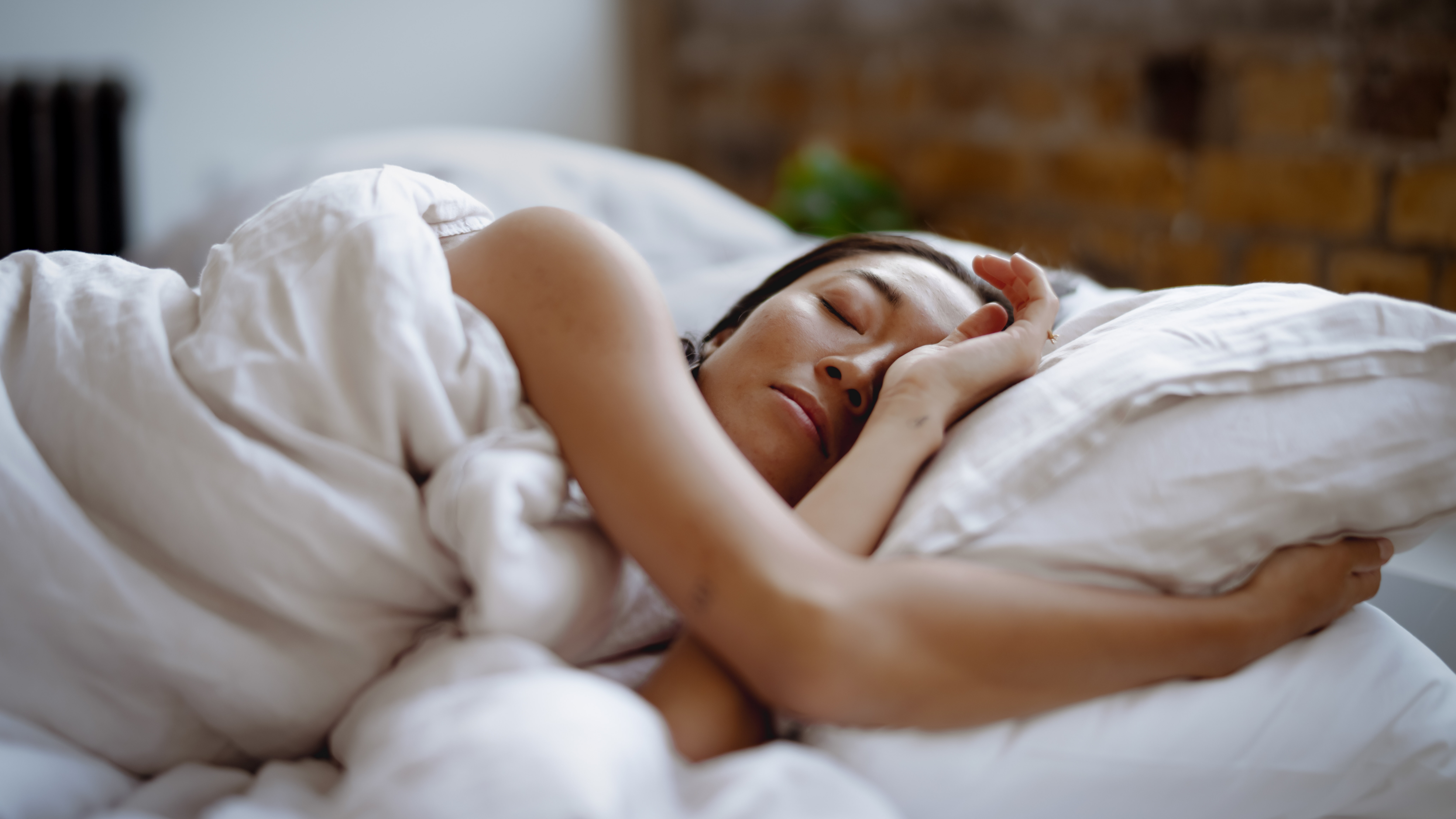 This tiny device will automatically disable your distracting apps before you sleep
This tiny device will automatically disable your distracting apps before you sleepSay hello to Kip...
By Lizzie Wilmot
-
 Therabody experts give 7 tips for perfecting your sleep routine for World Sleep Day
Therabody experts give 7 tips for perfecting your sleep routine for World Sleep DayFrom breathing exercises to sleep masks, here’s how to prioritise sleep, according to experts
By Bethan Girdler-Maslen
-
 Loop Dream review: super soft earplugs to help you snooze soundly, even if you’re a side sleeper
Loop Dream review: super soft earplugs to help you snooze soundly, even if you’re a side sleeperSquishy silicone and uniquely shaped ear tips take Loop’s nighttime earplugs to dreamy heights
By Joanna Ebsworth

